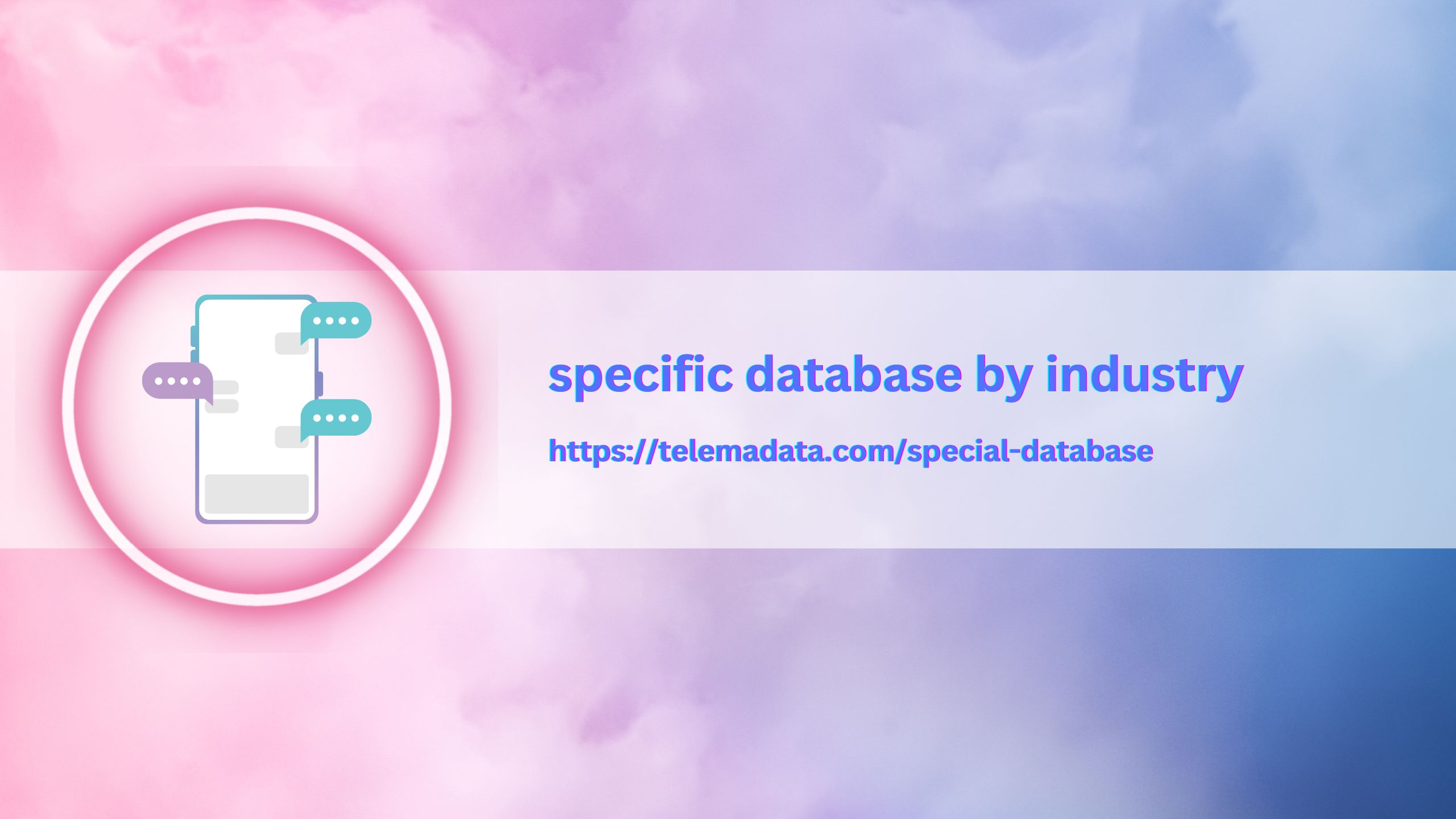In the fast-paced world of email communication, it’s crucial to make a lasting impression with every message you send. One key element of a well-crafted email is the closing phrase. Whether you’re reaching out to a potential client, following up on a job application, or simply connecting with a colleague, the way you end your email can leave a lasting impact. In this article, we’ll explore some effective email endings that can help you stand out from the crowd and leave a positive impression on your recipients.
The Power of a Strong Closing
Before we dive into specific examples of effective email endings, let’s first discuss why a strong closing is so important. The closing of your email is your last chance to leave a positive impression on the recipient. It’s your opportunity to express gratitude, show professionalism, or even inject a bit of personality into your message. A well-crafted closing can leave a lasting impact and make your email more memorable.
Examples of Effective Email Endings
Warm regards: This friendly and professional closing is perfect for maintaining a warm tone in your email. It shows that you value the relationship with the recipient and leaves a positive impression.
Best regards
A classic and formal closing that is suitable for specific database by industry communication. It conveys respect and professionalism while still maintaining a friendly tone.
Thank you: Expressing gratitude in your closing can go a long way. Whether you’re thanking the recipient for their time, consideration, or assistance, this closing shows appreciation and leaves a positive impression.
Looking forward to hearing from you
This closing is perfect for setting expectations and encouraging a response from the recipient. It conveys eagerness and leaves the door open for further communication.
Best wishes: A versatile closing that can be used in both professional and personal emails. It conveys goodwill and positive intentions, leaving a friendly and warm impression on the recipient.
With gratitude
For a more heartfelt and sincere closing, consider using “with gratitude.” This closing shows appreciation and can leave a lasting impact on the recipient.
Sincerely: A classic and formal closing that is suitable for always-on or continuous marketing communication. It conveys respect and professionalism while also leaving a positive impression.
Conclusion
In conclusion, the way you end your email can have a significant impact on how your message is received. By using one of these effective email endings, you can leave a lasting impression on your recipients and stand out from the crowd. Whether you’re beb directory for professionalism, gratitude, or simply a friendly tone, choosing the right closing phrase can make all the difference. So next time you’re drafting an email, consider the power of a strong closing and choose one that best suits the tone and intention of your message.






